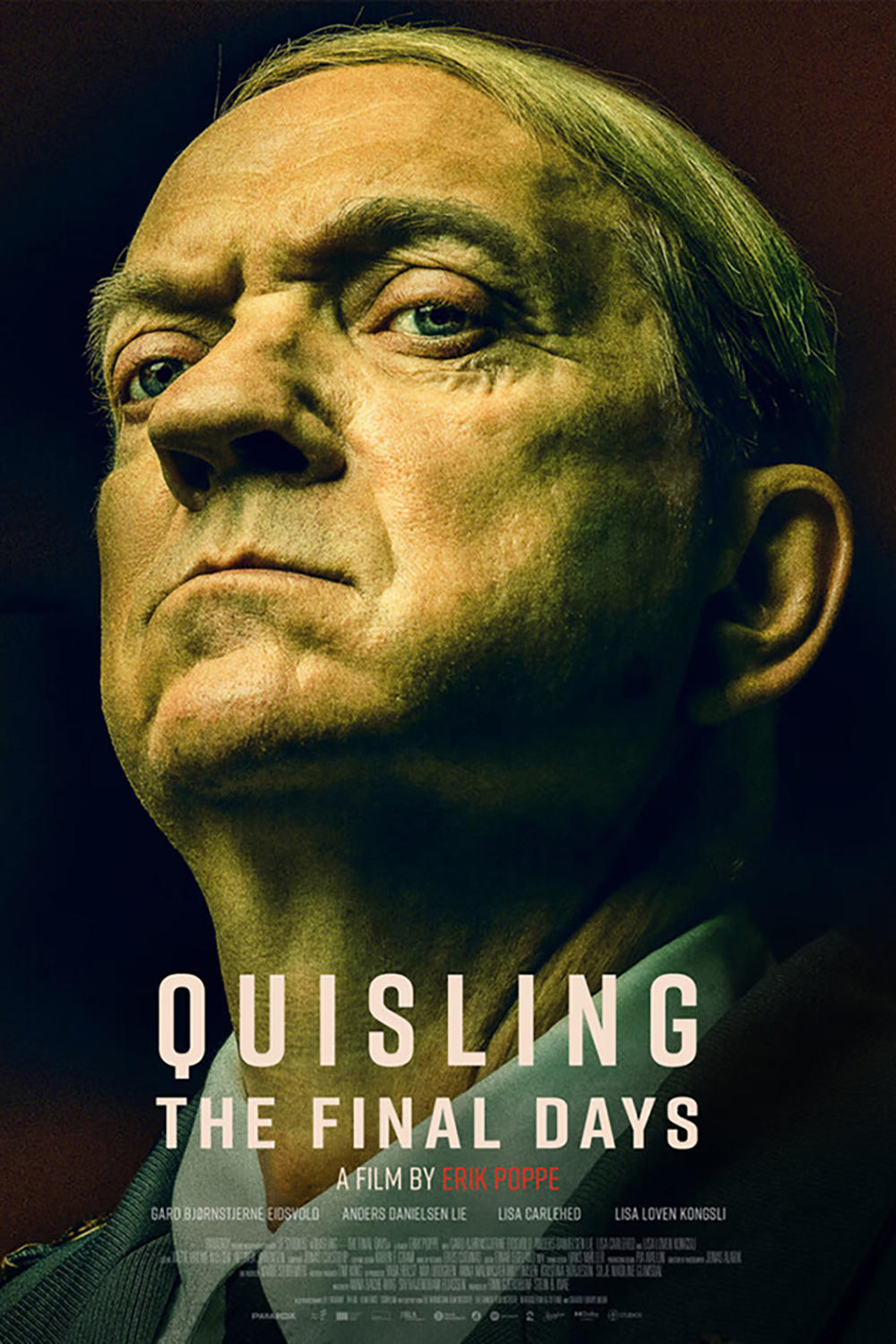
After five years, the German occupation of Norway ends on 8 May 1945. The rebuilding of the nation can begin, but first the final chapter must be written. In a dark cell at Akershus Fortress sits the man who committed the greatest treason of all: Vidkun Quisling. Now he must be held accountable for his actions and the atrocities that Nazi ideology led to.
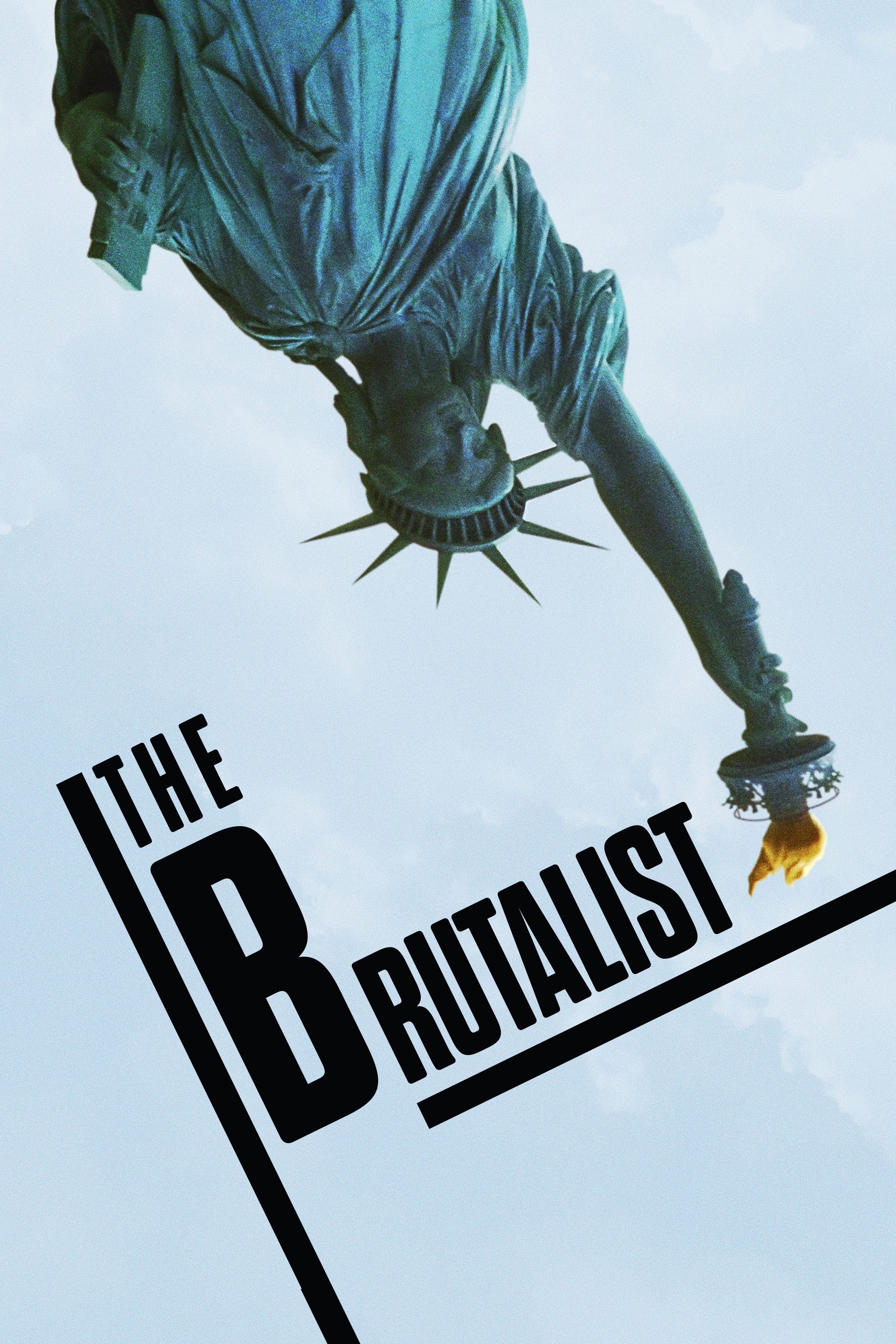
When a visionary architect and his wife flee post-war Europe in 1947 to rebuild their legacy and witness the birth of modern United States, their lives are changed forever by a mysterious, wealthy client.
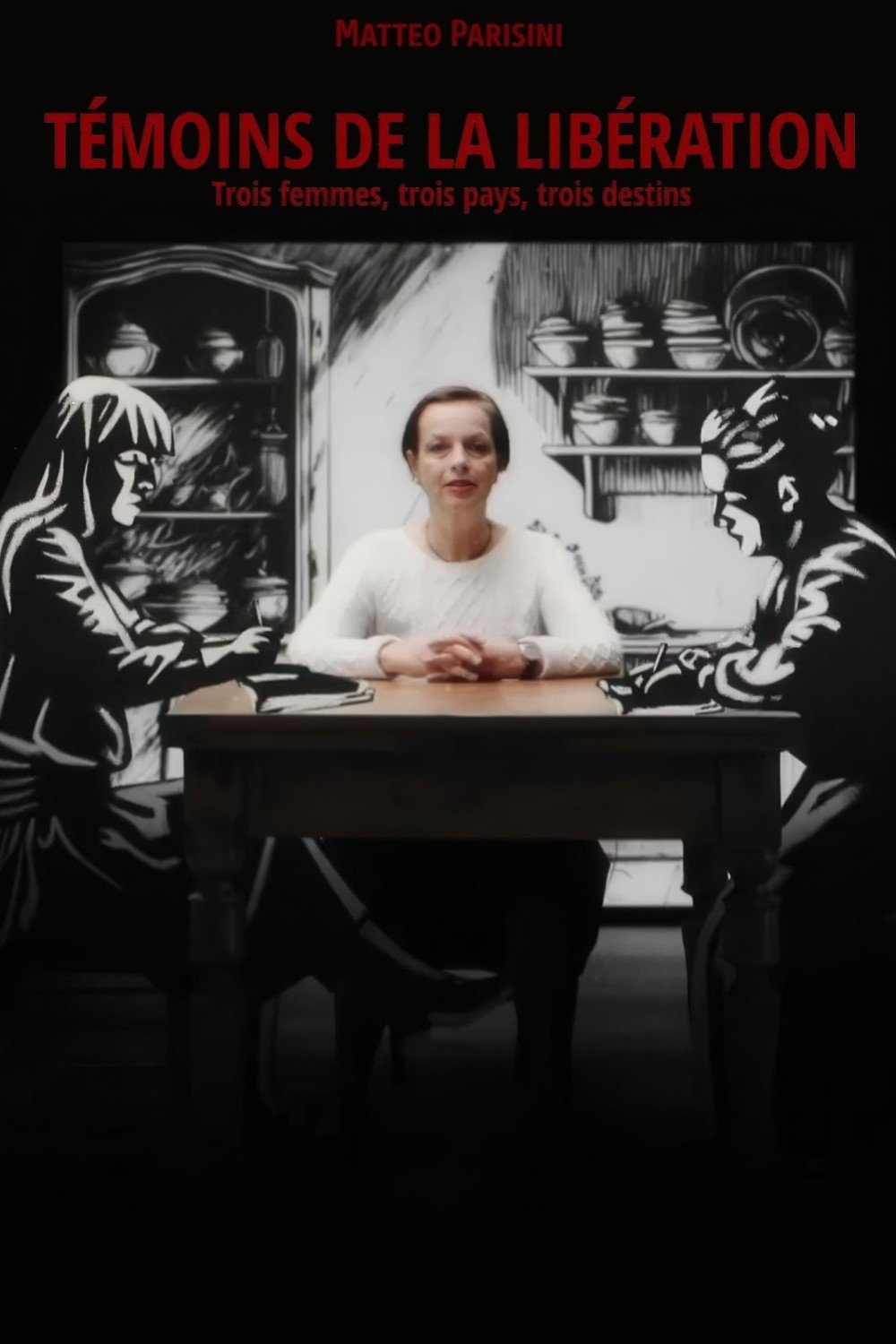
The end of World War II brings Europe a new political system, reshapes national and personal identities. Three women from Milan, Paris and Berlin report on the days of liberation in their diaries. Their personal stories expand the historical picture and make LIBERATION DIARIES a chronicle of female self-empowerment, resistance and resilience.
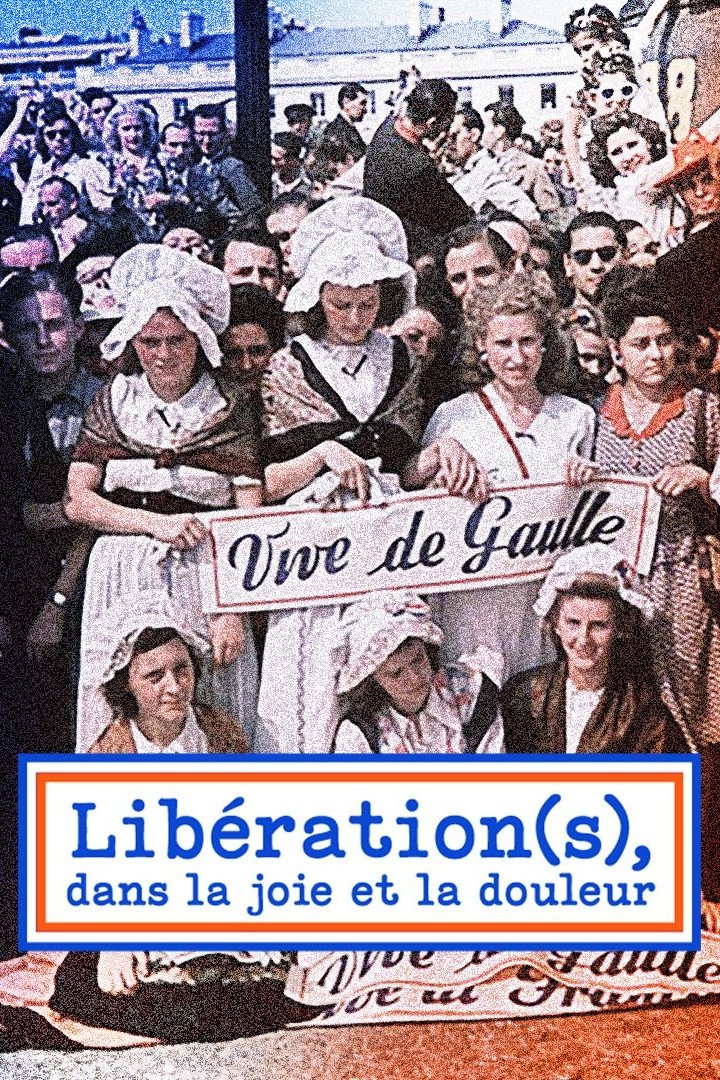
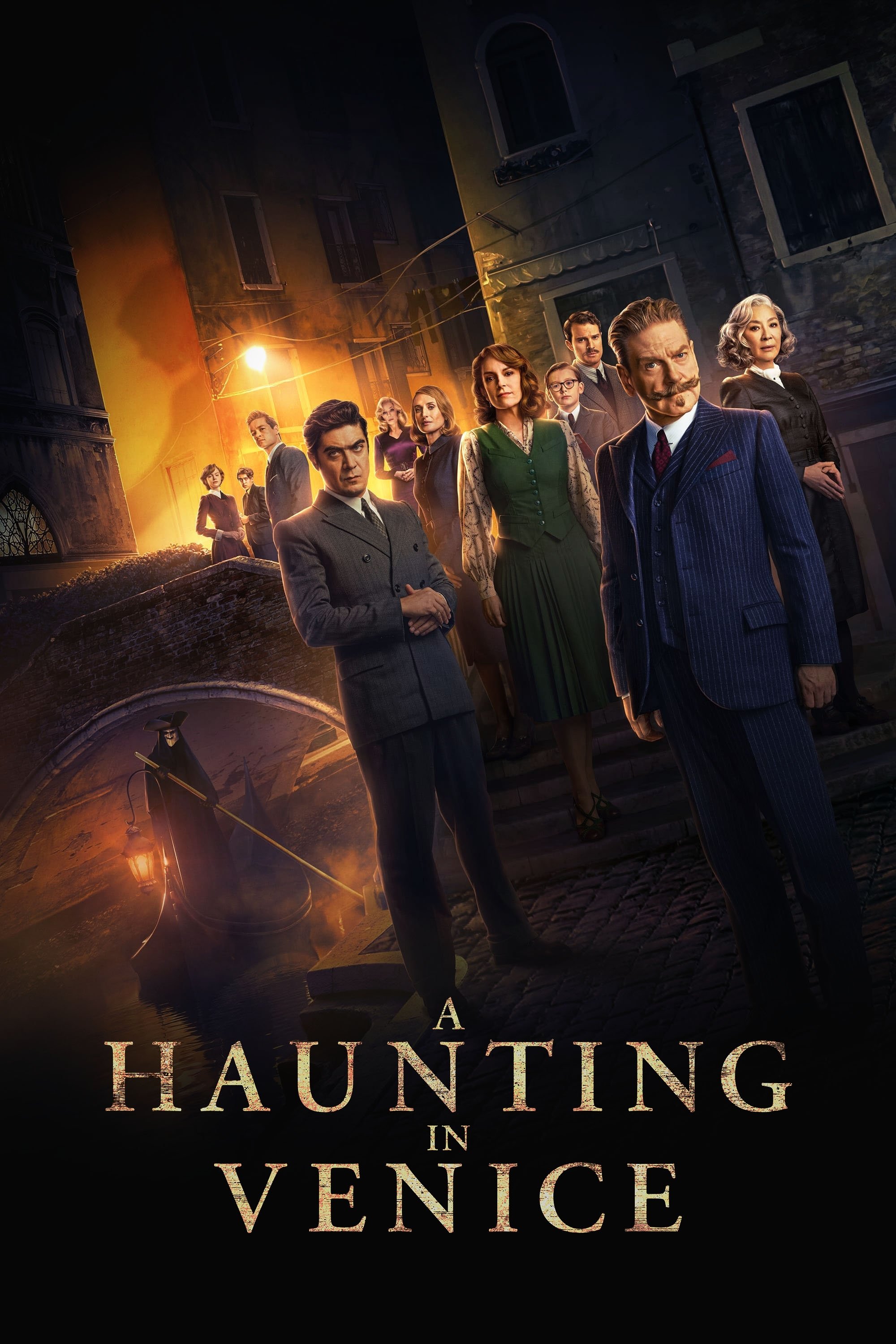
Celebrated sleuth Hercule Poirot, now retired and living in self-imposed exile in Venice, reluctantly attends a Halloween séance at a decaying, haunted palazzo. When one of the guests is murdered, the detective is thrust into a sinister world of shadows and secrets.

In 1945, two young American soldiers, brothers Budd and Stuart Schulberg, are commissioned to collect filmed and recorded evidence of the horrors committed by the infamous Third Reich in order to prove Nazi war crimes during the Nuremberg trials (1945-46). The story of the making of Nuremberg: Its Lesson for Today, a paramount historic documentary, released in 1948.

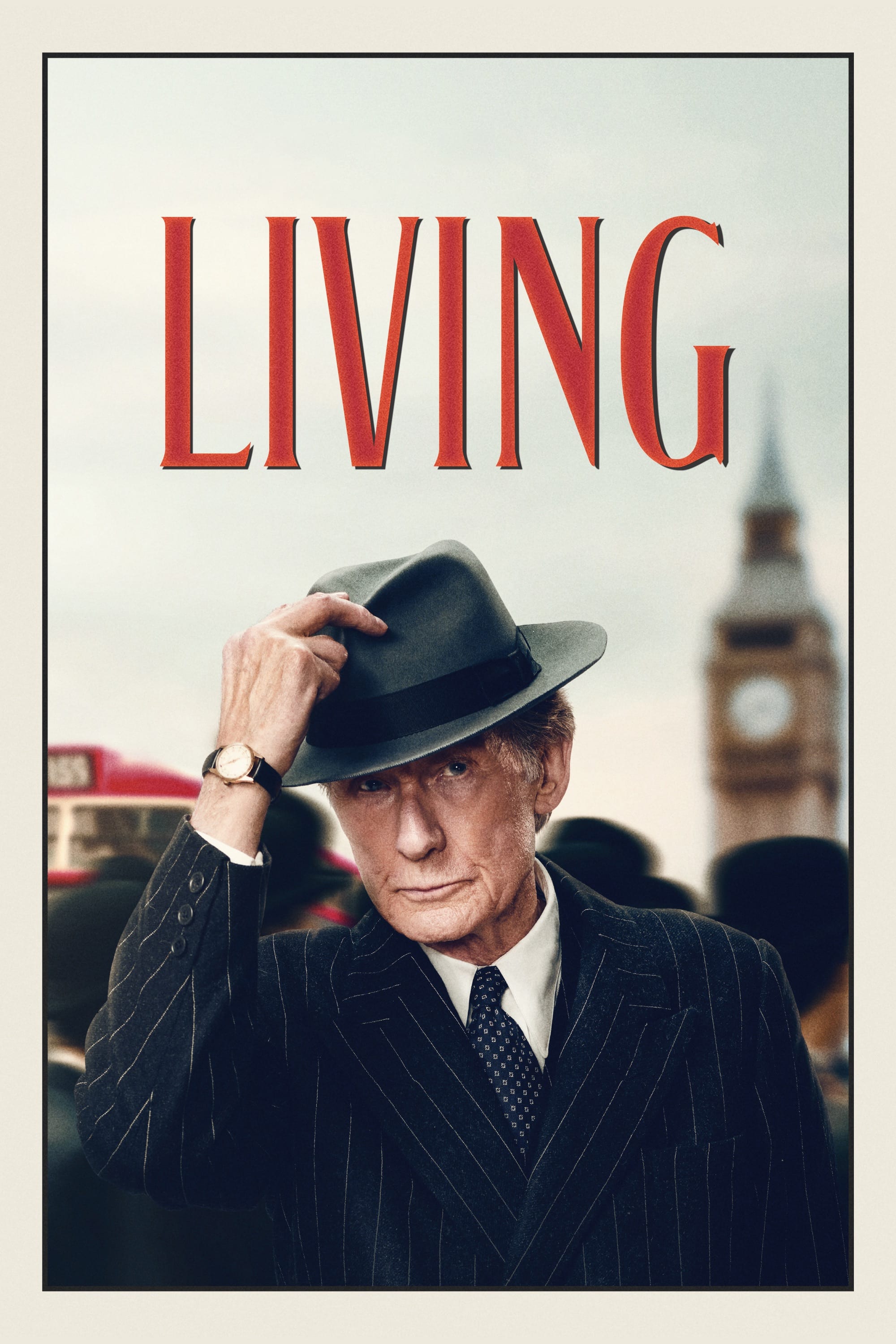
London, 1953. Mr. Williams, a veteran civil servant, is an important cog within the city's bureaucracy as it struggles to rebuild in the aftermath of World War II. Buried under paperwork at the office and lonely at home, his life has long felt empty and meaningless. Then a devastating medical diagnosis forces him to take stock, and to try and grasp some fulfilment before it passes permanently beyond reach.

After World War II, many young French women became housewives, convinced that devoting themselves entirely to caring for their families was a noble mission and a means of personal fulfillment.
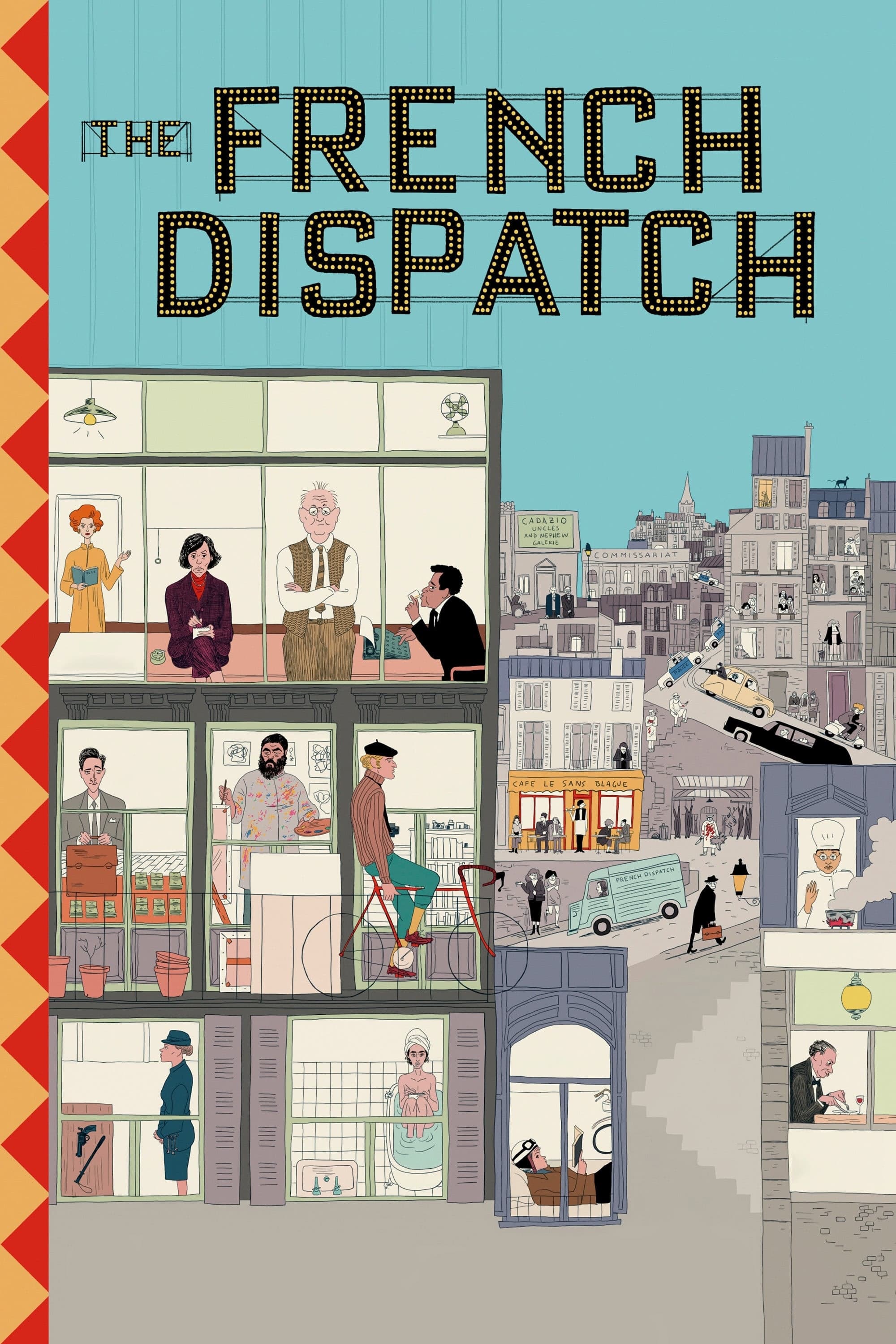
The staff of an American magazine based in France puts out its last issue, with stories featuring an artist sentenced to life imprisonment, student riots, and a kidnapping resolved by a chef.

How could a German Wehrmacht soldier become a celebrated soccer idol of the Britons in the post-war period? The documentary by Radio Bremen shows the moving life story of the soccer star of the 1950s in a torn Europe and how an enemy became a friend. With his legendary appearance in the English Cup Final 1956, in which he played until the end despite a broken neck, Bert Trautmann set up a memorial for himself in the history of sport. Already in the same year, he is chosen as England’s footballer of the year, and by his club Manchester City even as best player of all times. Bernhard “Bert” Trautmann is one of the most popular and best-known soccer players in England.
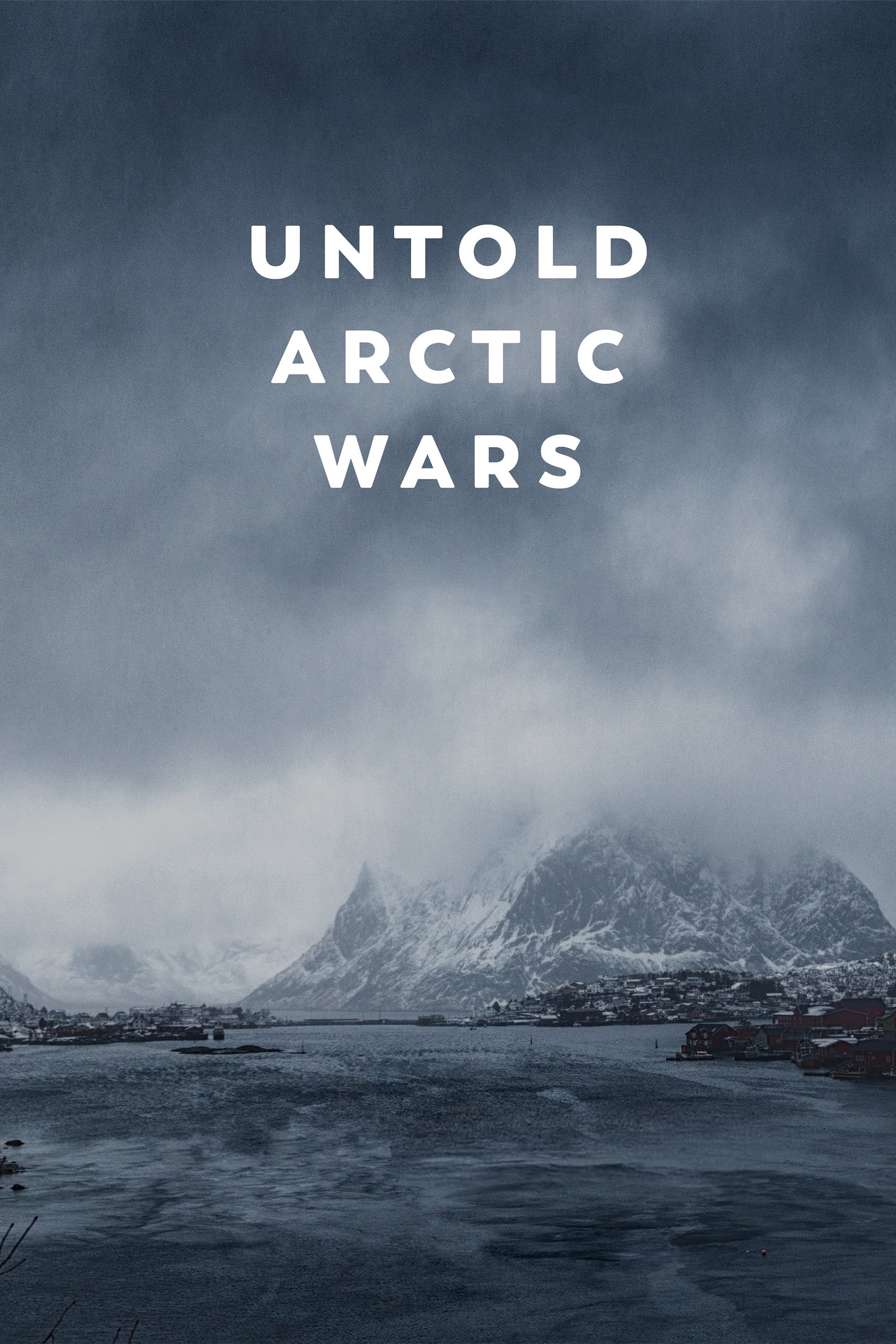
A six-part documentary series about the least known events of World War II. The series reveal a little-known picture and countless unknown details of the events of World War II in the north.
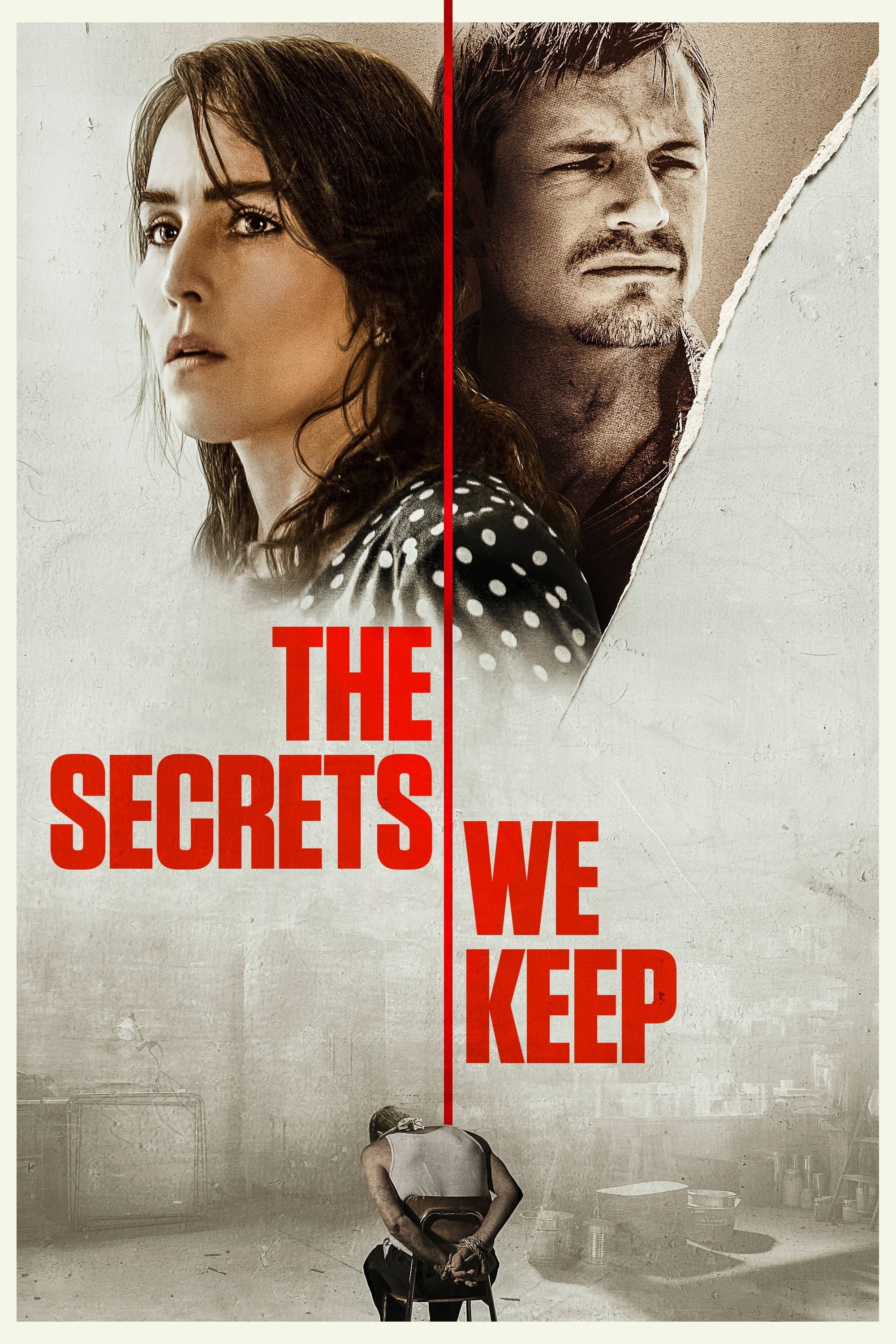
In post-World War II America, a woman, rebuilding her life in the suburbs with her husband, kidnaps her neighbor and seeks vengeance for the heinous war crimes she believes he committed against her.

In Knockemstiff, Ohio and its neighboring backwoods, sinister characters converge around young Arvin Russell as he fights the evil forces that threaten him and his family.

The story of the pioneering project to rehabilitate child survivors of the Holocaust on the shores of Lake Windermere.

Waffen-SS officer Otto Skorzeny (1908-75) became famous for his participation in daring military actions during World War II. In 1947 he was judged and imprisoned, but he escaped less than a year later and found a safe haven in Spain, ruled with an iron hand by General Francisco Franco. What did he do during the many years he spent there?
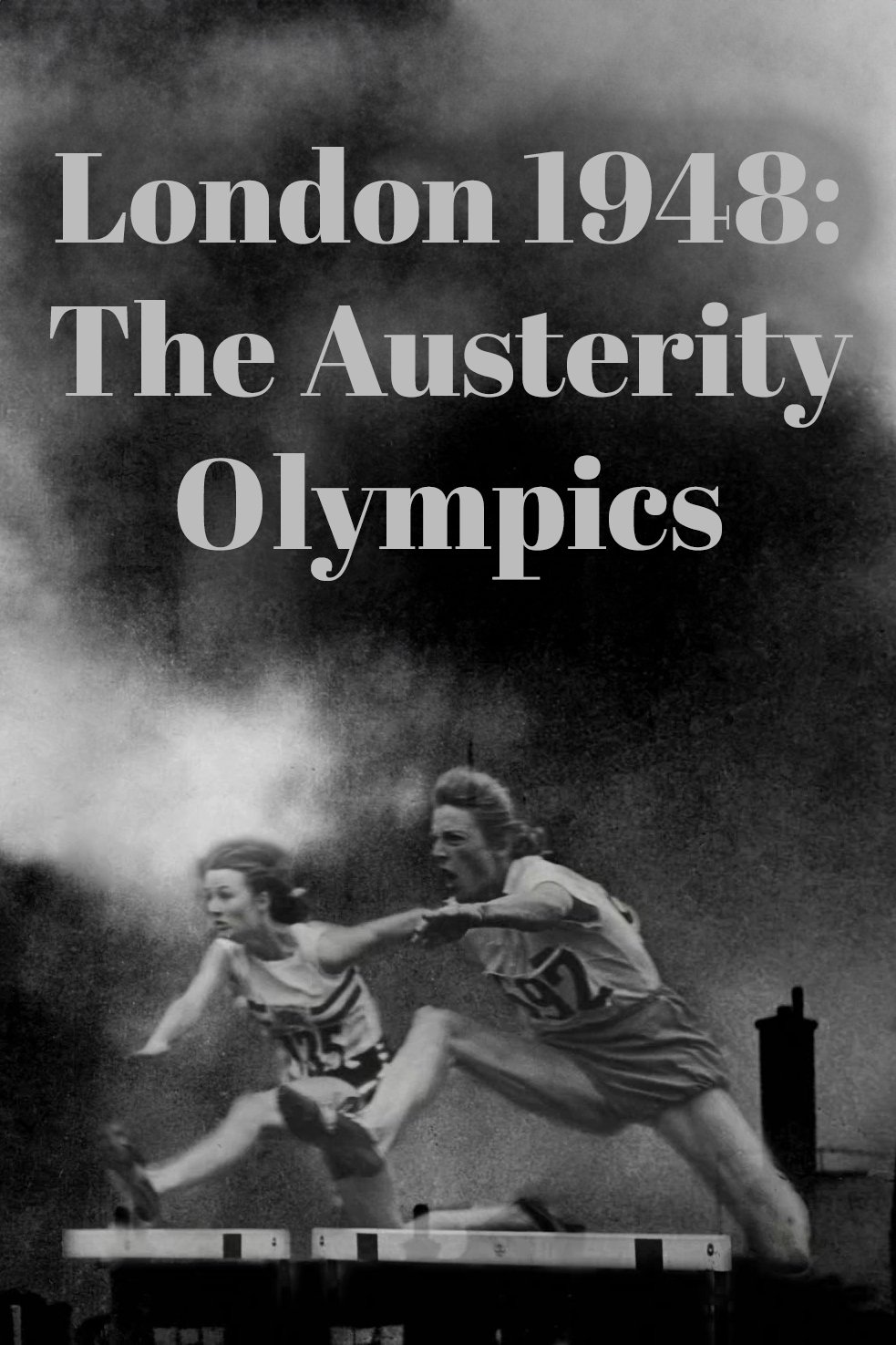
How the 1948 Olympic Games came into being, as the world struggled to cope in the aftermath of the Second World War, and the Games were held for the first time in 12 years. With Britain in the midst of widespread poverty and rationing, hosting the event seemed unlikely, but existing venues were renovated despite a low budget and little time to play with, and the British people pulled together to make the Games a success.
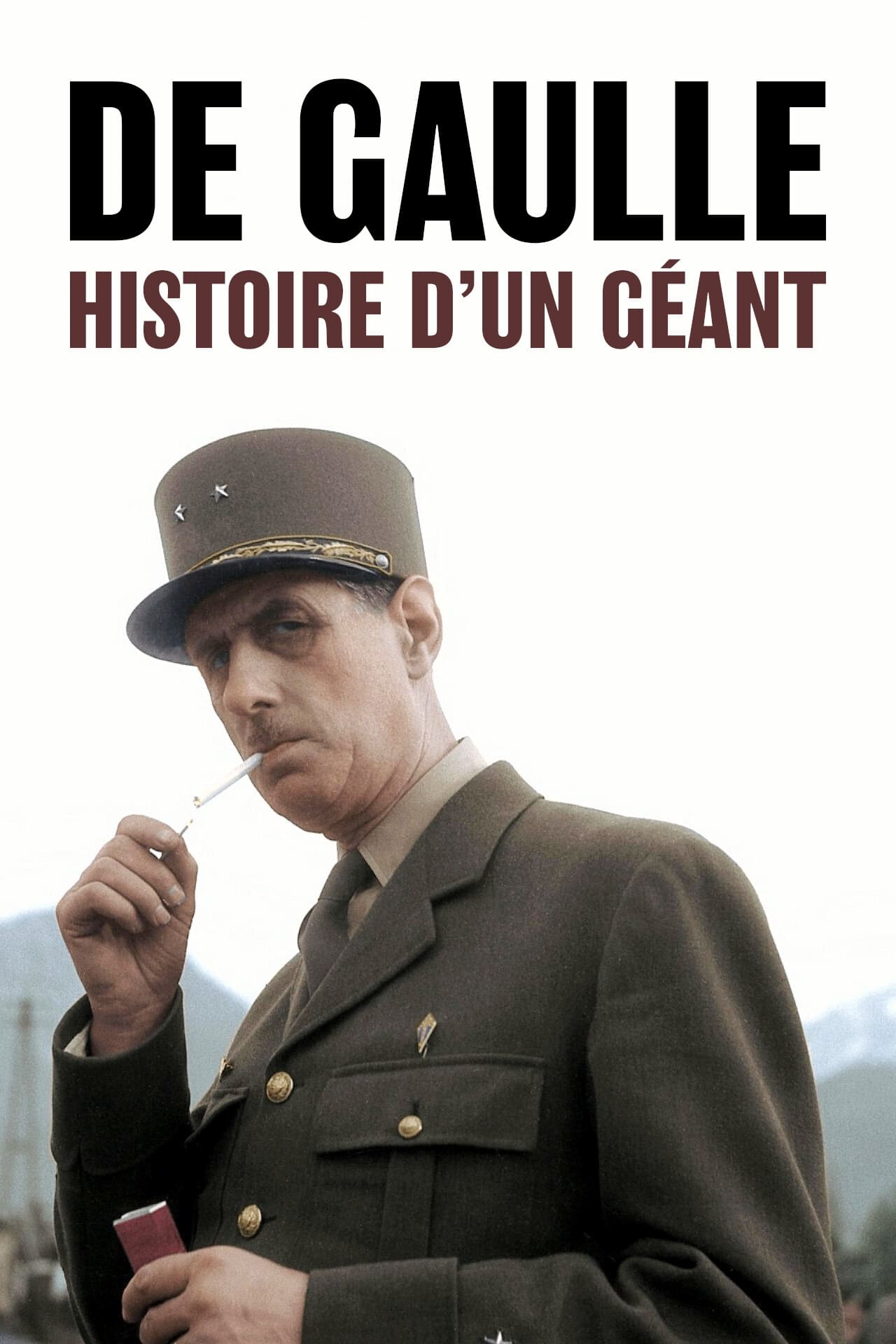
50 years after the death of General De Gaulle, this film retraces his life, from his birth in 1890 to his burial at Colombey-Les-Deux-Eglises in 1970.

In a small area of West Germany, the American military presence opened up a new world in the early 1950s and paved the way for individual freedom, freedom of movement and capitalism in Germany. In this time of upheaval, two friends are looking for their place and have to fight time and again with the 'old order', the conservative forces from politics, church and society. Confronted with the seductions of the new world, the two dissimilar women make an opposing development that puts their intimate friendship to a severe test ...

What was Finlandization? What did lying to oneself do to a nation? How low did Finland grovel in the mud and what was all that was necessary? Or was it a success story, because independence was preserved? The series takes us from the end of the World War to the 1990s. It focuses on the 1970s, with its 'Taistoists' and its liturgies of friendship, as well as on the role played by Finnish Broadcasting Company and other media in the Finlandization process.

1945 Zero hour. Europe is reduced to rubble. Thirty million displaced and uprooted people. At the heart of this ravaged continent lies Switzerland. This small neutral country, which has been all but spared by the war, becomes a hub for Nazi war criminals, Allied Secret Services and Holocaust survivors.

Summer 1944. Walter Proska is about to return to the Eastern Front when his train is blown up by partisans. Together with a scattered bunch of German soldiers, cut off from the front, he awaits certain death while the commands of his superior Willi Stehauf are becoming more and more senseless and inhuman.

During the thrilling social change of the mid-1950s, four remarkable women who previously served secretly during WWII as code-breakers, turn their skills to solving murders overlooked by police. In the process they are plunged into fascinating corners of the city, forge powerful relationships, and rediscover their own powers and potential.

By browsing this website, you accept our cookies policy.